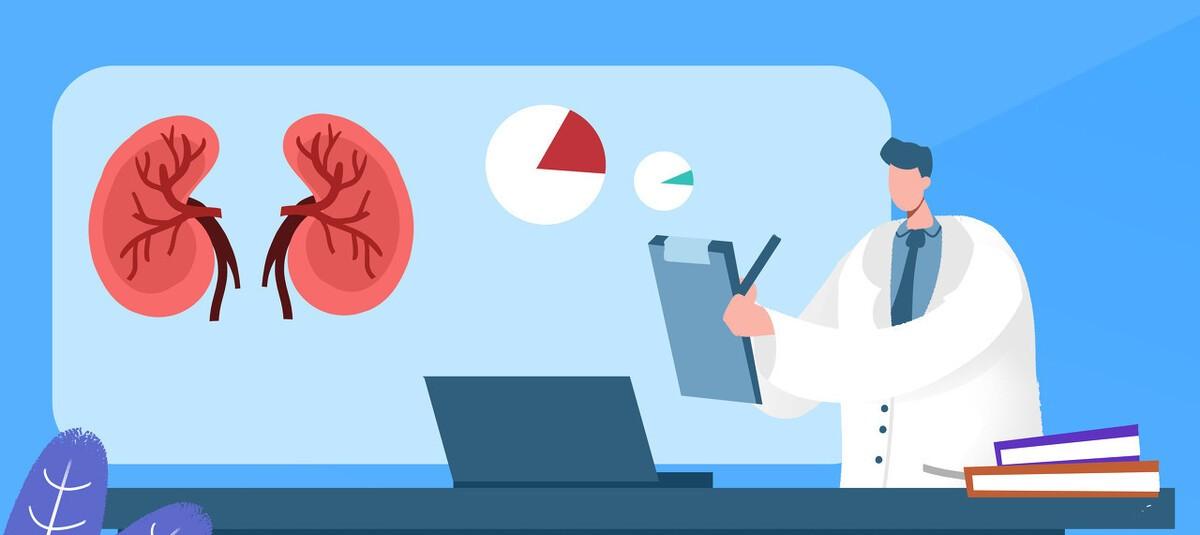In recent years, there are more than 120 kinds of Chinese herbal medicines that produce nephrotoxicity, including traditional Chinese medicines that are very commonly used in clinical practice, such as magnolia, motherwort, mugwort, smallpox pollen, chai hu, ze diarrhea, panax ginseng, tianma, cassia seed, cinnamon, duhuo, psoralen, whole scorpion, centipede, rhubarb, etc.
Suppose a scenario, when you learn that some Chinese medicines have nephrotoxicity, or the Chinese medicines you are taking have nephrotoxicity, will you abandon them? If the drug is not used because it is toxic, it will be very difficult for the clinician to see the drug, and even delay the disease.

Zhang Zhongjing, a medical saint, once said: "Medicine is used to cure diseases, and poison is able to do it." The so-called poisoners are biased because of the smell. ”
Roughly speaking, the toxicity of Chinese medicine refers to the bias of drugs, and Chinese medicine is the bias of drugs to achieve the purpose of treating diseases
It is necessary to correctly understand the toxicity of traditional Chinese medicine, proper preparation, reasonable prescription of medicine, and rational use of traditional Chinese medicine is an important part of preventing adverse reactions such as kidney damage.
Let's talk about the causes of renal toxicity in Chinese medicine:
<h1 class= "pgc-h-arrow-right" >1. Chinese medicine itself has nephrotoxicity</h1>
The Chinese Pharmacopoeia (2015) includes 83 toxic Chinese medicines, of which 24 are nephrotoxic, namely:
Guan Mu Tong, Cao Wu, Spotted Clam, Tiannan Xing, Wood Turtle, Gan Sui, Xianmao, Banxia, Cinnabar, Huashan Ginseng, Coriander, Jing Euphorbia, Grass Wu, Morning Glory, Light Powder, Changshan, Xiong huang, Castor Seed, Centipede, Sichuan Neem, Northern Bean Root, Two-sided Needle, Crow's Bile and Snake Bed.
You can collect it, do not use your own medicine, to use it under the guidance of professionals, these nephrotoxic Chinese medicines can be used through formal concoction and dialectical use to reduce toxicity, so as to give full play to the role of treatment.
<h1 class="pgc-h-arrow-right" > misuse caused by confusion in Chinese medicine varieties</h1>
Traditional Chinese medicine has a long history, the earliest can be traced back to thousands of years ago, but also due to historical evolution, the use of some varieties of traditional Chinese medicine is more chaotic, the same name foreign body, the same name of the Chinese medicine, so that many incidents of drug misuse.
Belgium has occurred due to taking Chinese medicine to lose weight and lead to cases of adverse reactions to kidney damage, the reason is the misuse of the drug, when the patient mistakenly used the broad defense as a powder to prevent themselves, the two drugs have similar efficacy, but the chemical composition is very different, the wide defense contains aristolochic acid, which will cause kidney damage.
<h1 class = "pgc-h-arrow-right" > improperly prepared or decocted</h1>
Processing is a special processing method of traditional Chinese medicine, some traditional Chinese medicine is more toxic, need to reduce toxicity through processing, such as croton, cang ear seed need to be concocted to remove toxic proteins, improper processing will cause kidney damage.
Another example is the toxic Chinese medicine strychnine, after heat treatment, the structure of the toxic ingredient will be destroyed, thereby reducing the toxicity; aconitum herbs should be cooked for a long time to reduce toxicity; if the processing is not in place, clinical use will cause damage to the human body.
<h1 class= "pgc-h-arrow-right" > excessive dosage leads to accumulation of drug toxicity</h1>
There is a saying in Chinese medicine that "the secret of not passing on lies in the quantity", and the dosage is inseparable from the dosage.
If the dosage is appropriate, the disease can be treated; if the dose is too large, it will cause harm.
Such as the dosage of aconitum medicinal materials: raw Sichuan wu toxicity, should be used externally, internal use with caution; make Chuan Wu decoction, 1.5 ~ 3 grams, should be fried first, long frying (that is, long-term decoction).
<h1 class="pgc-h-arrow-right" > insufficient understanding of the toxicity of Chinese medicines</h1>
Abuse or mistaken use of toxic Chinese herbal medicine, credulous belief in "jianghu traveling doctors", superstitious unilaterally, use traditional Chinese medicine on their own, and use toxic drugs as non-toxic medicines, such as using aristolochia as a self-defense and kidney damage.
<h1 class="pgc-h-arrow-right" > the drug combination is unreasonable</h1>
At present, the combination of Chinese and Western medicines and the combination of traditional Chinese medicines is very common, and unreasonable combination may lead to the occurrence of many adverse reactions.
If rhubarb is combined with compound licorice mixture, it will damage renal tubular epithelial cells;
Double huanglian for injection is combined with glucose, which can cause kidney damage during metabolism;
Internal elimination fistula pills combined with small jindan may lead to kidney damage.
There are many reasons why Chinese medicine has nephrotoxicity, and the common reasons mentioned above are common.
Nephrotoxic Chinese medicine is a double-edged sword, should not ignore the therapeutic effect of drugs because of toxicity, should establish a scientific drug specification for nephrotoxic Chinese medicine, correct use, to avoid the occurrence of nephrotoxicity.
Original works, plagiarism must be investigated
bibliography:
LU Fang,ZHANG Ning,LIU Shumin. Reflections on the Correct Understanding and Rational Application of Renal Toxicity in Traditional Chinese Medicine[J]. Chinese Journal of Pharmacology and Toxicology,2018,10:747-753.